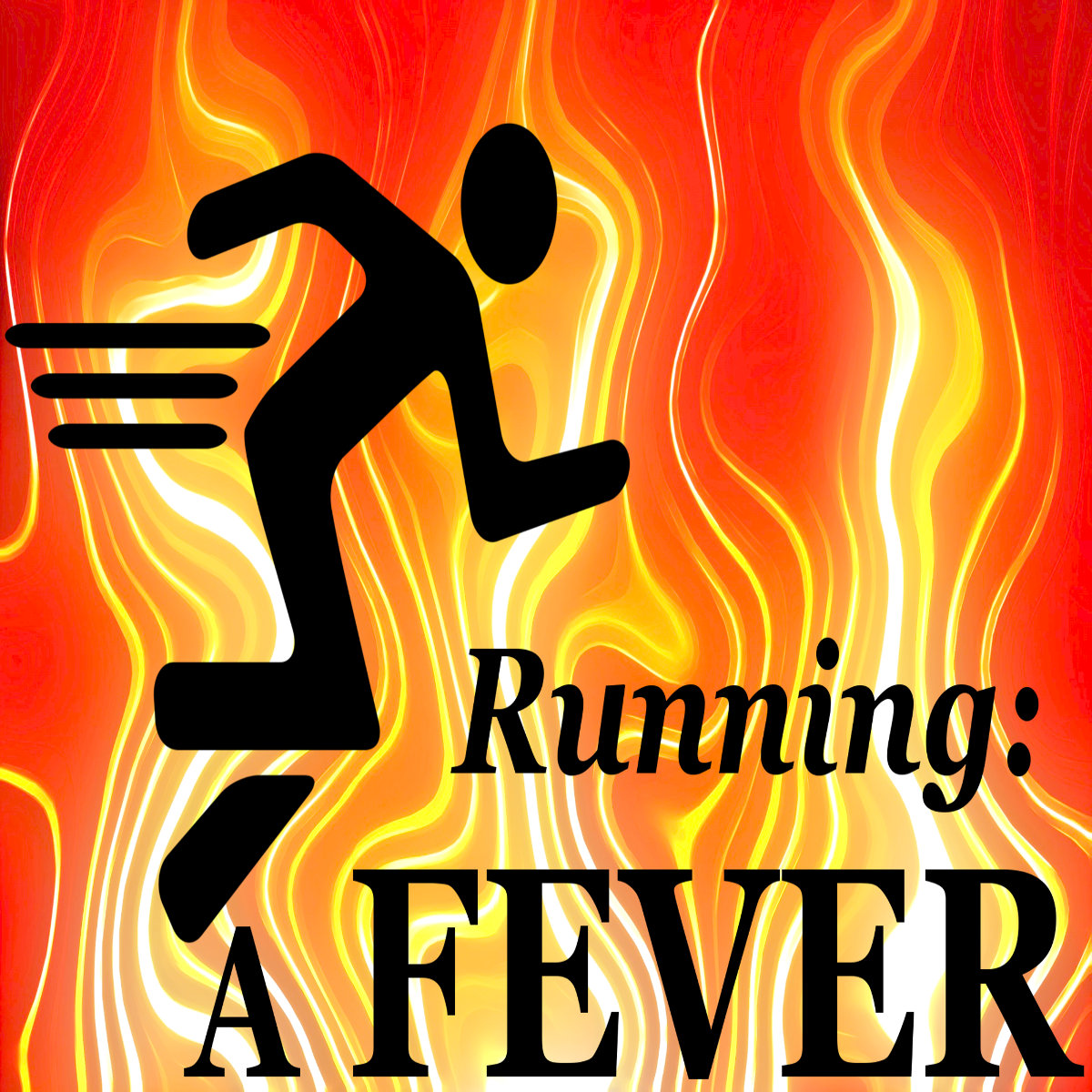Welcome to the 14th in our 17-part series on dementia. About 50 million people suffer from dementia worldwide. It is a debilitating disease, but it may be preventable in some cases. So I’ve set out to learn as much as I can and bring you along with me.
We’ve discussed diet quite a bit on the podcast, and usually, it has more to do with maintaining a healthy body fat percentage than anything else. But did you know that diet is also important for mental health? In the last episode, I brought up a fact that was new to me, that obesity is related to brain function, particularly memory. So in what other ways can what we eat impact how healthy our brains are?
There is now a popularized diet, endorsed by some major information sources such as the Mayo Clinic and the Cleveland Clinic, called the MIND diet. MIND is an acronym that stands for Mediterranean-DASH Intervention for Nerogenerative Delay. It combines the Mediterranean diet, known for heart health, and the DASH diet, which is known to help people with hypertension. DASH stands for Dietary Approaches to Stop Hypertension.
The components of the diet include the categories of the two other diets but go into more detail. For example, the Mediterranean diet recommends fruits, but berries are specifically known to improve brain function. So the MIND diet is more restrictive than the other two. I’ll start with the basics of the diet, which is pretty simple. There are two lists, one of things to eat more of, the other of things to avoid. I like this slightly better than just telling me things to avoid. Which I call the “no” diet. And a “no” diet is no diet!
Anyway, foods to include are:
1. Green leafy vegetables.
2. All other vegetables.
3. Berries.
4. Nuts.
5. Olive oil.
6. Whole grains.
7. Fish.
8. Beans.
9. Poultry.
10. Wine.
Foods to avoid:
1. Butter and margarine.
2. Cheese.
3. Red meat.
4. Fried food.
5. Pastries and sweets
Why?
Something a lot of the ‘avoid’ list items share is trans fat and saturated fat. An NIH report on a number of studies correlated dementia risk with certain kinds of dietary fats.
What about wine? Last episode I specifically warned you about using alcohol and its detrimental effects on the brain. Well, this is another one of those things where moderation and balance come into play. The MIND diet includes no more than one glass of wine per day. And much of the research around this concerns the red wine component resveratrol, which you can get as a supplement without drinking the wine. I drink no alcohol whatsoever. I just don’t have any tolerance for it. But to each his own.
I also kill 2 birds with one stone, figuratively speaking (I have nothing against birds), by replacing butter in my diet with Smart Balance made from olive oil. This has the dual benefit of eliminating butter and margarine and adding olive oil.
The Cleveland Clinic article I read was specifically aimed at stroke victims and the delay of the onset of dementia. Remember that stroke can lead to vascular dementia, which is, in my opinion, possibly the most preventable of all the major types of dementia. Stroke survivors have twice the rate of dementia than the general public, with almost twenty percent of them developing the disease.
A 2018 study of stroke survivors in their 80’s found a “20-year difference”, presumably referring to the effects of aging on the brain, in people most and least adherent to the MIND diet. Another study is coming out next year, and we’ll be all over it when it does.
Is it worth it? Should we make the MIND diet our diet? I thinking about diets kind of like I think of products in a store sometimes. Back in the ’70s when I was growing up, there was basically one kind of toothpaste. It was a white paste and was supposed to prevent cavities. There were several brands, but they were all a tube of white paste. Now, I go to the store, and there’s a whole aisle devoted to toothpaste. There whitening toothpaste, toothpaste for sensitive teeth, toothpaste to protect the enamel on your teeth, toothpaste for tartar control. Now, why would I choose one or the other of these? This is true of a lot of different products. I waste more time in the grocery store trying to find the general thing I’m looking for now.
It’s the same thing with diets. What we really want is the most healthy and enjoyable diet. This is why I believe we each have to become an expert in our own health. A lot of the diets proven to be healthy in one way or another have common components. I look at the MIND diet and I see a lot of the foods I have devoted specific episodes to in the past and try to incorporate or avoid in my own diet. So I think if you go with this diet, you’ll be fine. It’s similar to a lot of other proposed healthy diets. It’s really general advice. Take that general advice and form your own diet based on what you like among the healthy things, and a few unhealthy ones once in a while if you like them.
Next episode we’re going to talk about Vitamins and how they can help you prevent dementia.
References:
Outsmart Dementia. (2020). The latest tools for controlling cognitive health — preventing dementia and Alzheimer’s disease. Morton Grove, IL: Publications International, Ltd.
https://www.healthline.com/nutrition/mind-diet
https://www.mayoclinic.org/healthy-lifestyle/nutrition-and-healthy-eating/in-depth/improve-brain-health-with-the-mind-diet/art-20454746
https://health.clevelandclinic.org/should-you-try-the-mind-diet-to-preserve-your-brains-health-after-a-stroke/
https://pubmed.ncbi.nlm.nih.gov/24970568/
